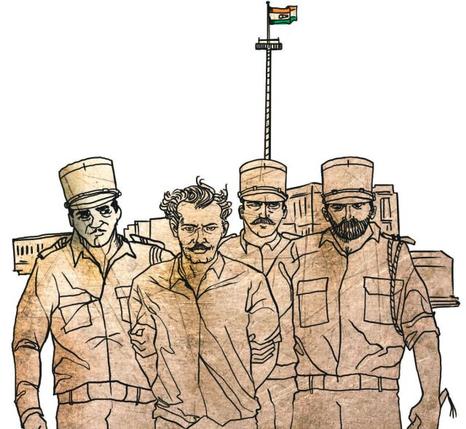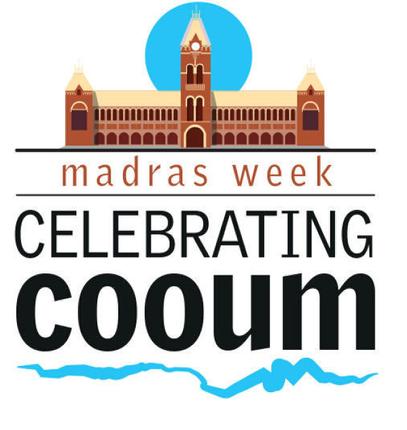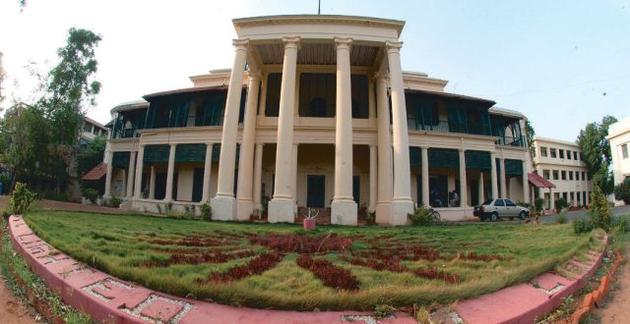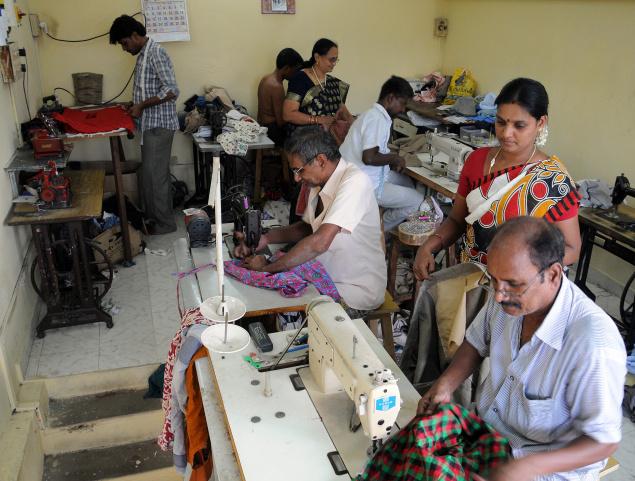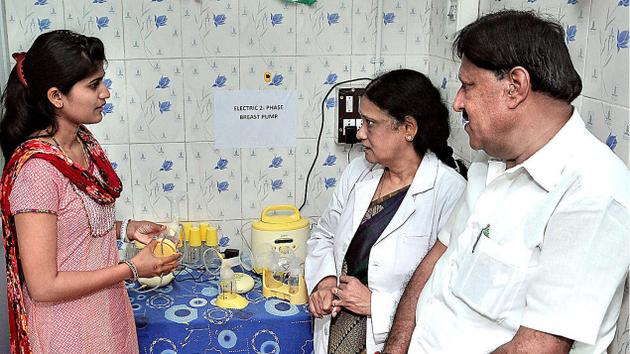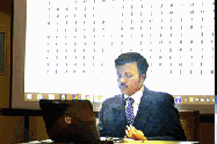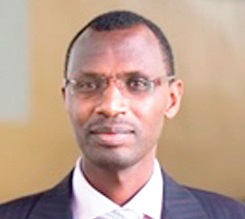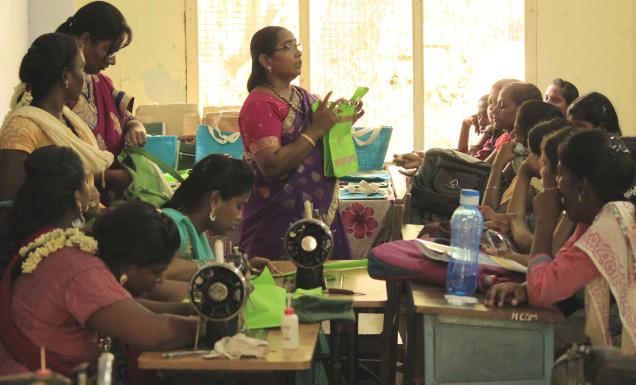Karaikudi :
You might have spotted differently-abled people seeking alms. But have you ever come across any such person using the money so generated for charity? Meet 73-year-old R Selvaraj, who begs for a living but gainfully utilises the money by buying stationery for disadvantaged school students in the neighbourhood.
Selvaraj, a resident of Karunanidhi Nagar in Tamil Nadu, is polio-afflicted and has been a mendicant in the Karaikudi new bus stand since 2006 after he gave up his job as a cycle mechanic. “I’ve been helping disadvantaged students since 1968 after I witnessed children from poor families struggling to get educated due to financial problems. But only after 2006, when I could not get any job, I started imploring people for alms for the welfare of the students,” he said.
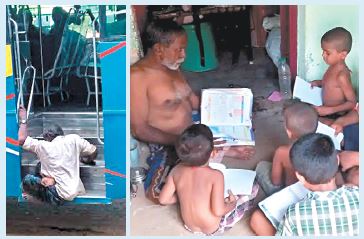
Selvaraj, however, added that he never appealed to anyone after telling them that he has been helping students. “I frequent buses on the Madurai, Tirupattur and other selected routes as I am unable to handle all the routes. I seek alms from each passenger. Sometimes they ignore me. Some donate as much as they can. Even if people ignore me, I never take it to heart,” he said, adding, “Though I board buses with difficultly, I do it for the children. If a student wants a bag, I try to get it and surprise him or her with it. When I do such an act, it gives me immense satisfaction.”
Through social media and by talking to people, he has got some benefactors. One such person from Chennai has been sending Rs 500 every month without fail for the last two years after learning about his service.
Selvaraj said he couldn’t recollect the number of students he had helped so far. But this year he has helped around 26 students who stayed near his home to buy notebooks, pens, pencils and other stationery.
“On an average, I get Rs 400 a day by seeking alms. Through this I get Rs 10,000 to Rs 12,000 per month and from regular benefactors I get at least Rs 2,000 per month. Overall I get Rs 12,000 to Rs 14,000 per month, of which I spend Rs 7,000 to Rs 8,000 on children every month,” Selvaraj said. In the evenings, he offers tuitions to those he have been helping. He teaches students from classes I to X. “Though I hold a Bachelor of Arts degree in Economics, I teach all subjects. Sometimes I find it difficult to answer questions. At such times, I reread the text,” he added.
One of his students, R Anand, said, “I never knew that he sought alms to help us. When I came to know about it, I was surprised.”
source: http://www.newindianexpress.com / The New Indian Express / Home> The Sunday Standard / by Vignesh V. / August 23rd, 2015
